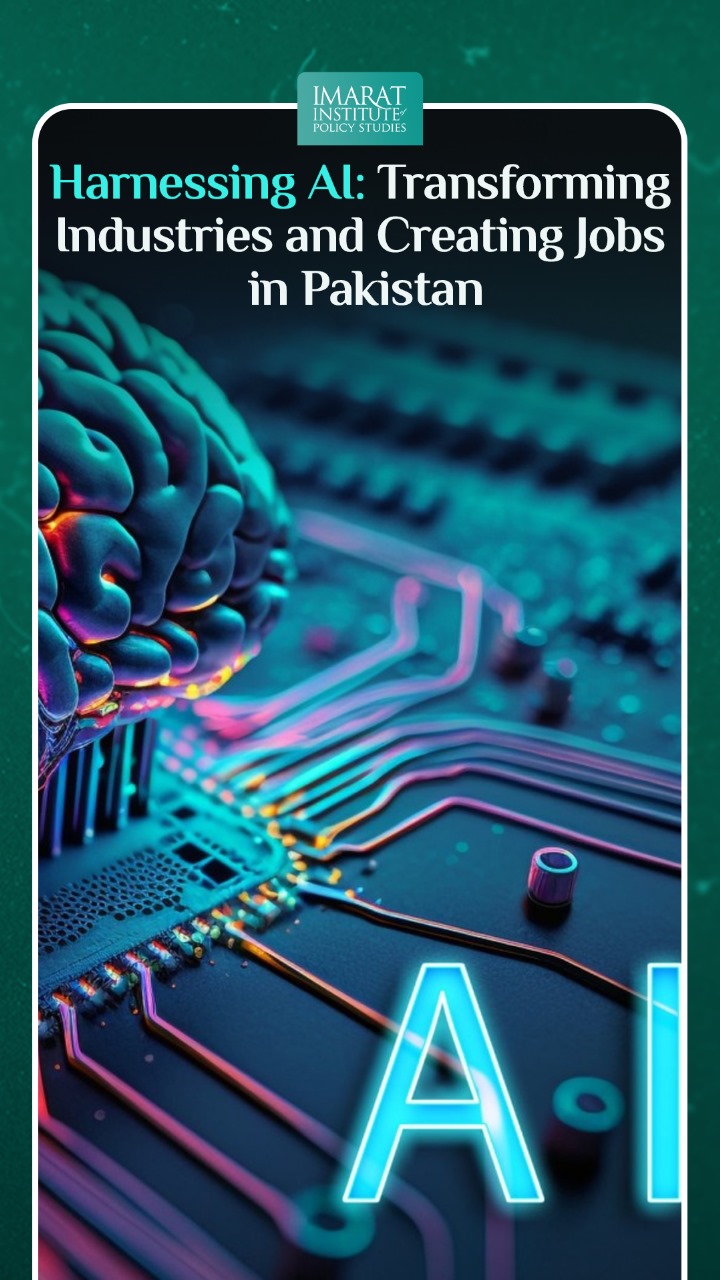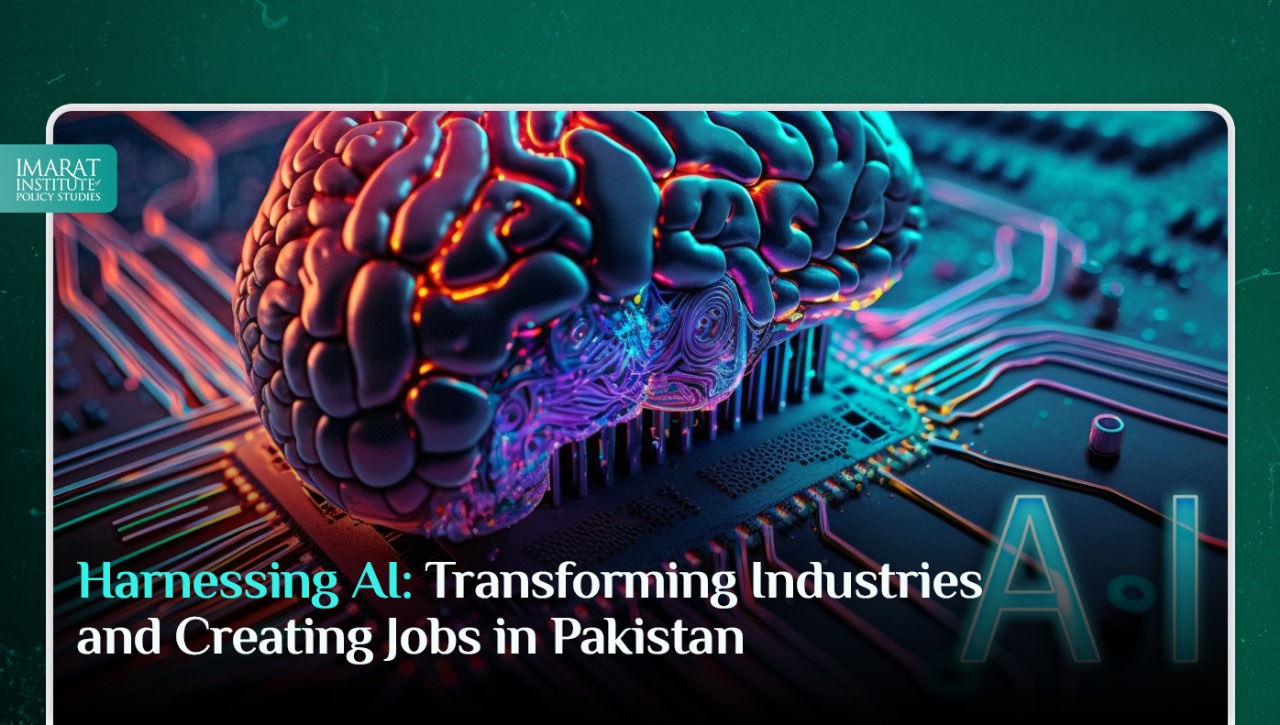In the rapidly evolving landscape of technology, artificial intelligence (AI) stands out as a transformative force with the potential to revolutionize industries and drive economic growth. In Pakistan, a country marked by its vibrant entrepreneurial spirit and a burgeoning tech ecosystem, the integration of AI technologies is poised to usher in a new era of innovation and development across various sectors.
Revolutionising Healthcare
The healthcare sector in Pakistan is undergoing a profound transformation fueled by AI-driven innovations. With a growing population and limited access to healthcare facilities in rural areas, the adoption of AI technologies has become imperative to bridge the gap and improve healthcare outcomes nationwide. AI-powered diagnostic tools, such as image recognition algorithms and predictive analytics, are empowering healthcare professionals to make more accurate diagnoses and develop personalized treatment plans tailored to individual patients’ needs. Additionally, telemedicine platforms equipped with AI chatbots are providing instant medical assistance and advice, enhancing accessibility to healthcare services for underserved communities.
Transforming Finance
In the realm of finance, AI is reshaping traditional banking and financial services, driving efficiency, and enhancing customer experiences. With the rise of fintech startups and digital banking solutions, Pakistan’s financial landscape is evolving rapidly to meet the demands of a digital-first economy. AI-powered algorithms are being utilized for fraud detection, risk assessment, and algorithmic trading, enabling financial institutions to mitigate risks and optimize investment strategies. Moreover, AI-driven chatbots and virtual assistants are revolutionizing customer service, providing personalized recommendations and streamlining banking operations.
Modernising Agriculture
Agriculture remains the backbone of Pakistan’s economy, employing a significant portion of the population and contributing substantially to GDP. However, the sector faces numerous challenges, including water scarcity, soil degradation, and productivity constraints. AI technologies offer a promising solution to address these challenges and modernize the agricultural landscape. AI-powered drones equipped with sensors and cameras are being deployed to monitor crop health, optimize irrigation, and detect pest infestations, enabling farmers to make informed decisions and maximize yields. Furthermore, machine learning algorithms are assisting farmers in crop selection, planting schedules, and resource allocation, leading to increased efficiency and profitability.
Revolutionising Manufacturing
In the manufacturing sector, AI is driving a paradigm shift towards automation, efficiency, and agility. With the advent of Industry 4.0, Pakistani manufacturers are embracing AI-powered robotics, predictive maintenance systems, and smart sensors to optimize production processes and enhance competitiveness. AI-driven solutions enable real-time monitoring of equipment performance, predictive maintenance scheduling, and quality control, resulting in reduced downtime, lower operational costs, and improved product quality. Additionally, AI-powered supply chain optimization tools help manufacturers streamline logistics, reduce lead times, and respond swiftly to changing market demands.
Creating Jobs and Fostering Innovation
While there are concerns about AI’s potential to automate jobs, the technology is also creating new opportunities for employment and entrepreneurship in Pakistan. As industries adopt AI-driven solutions, there is a growing demand for skilled professionals capable of developing, implementing, and maintaining these technologies. Universities and educational institutions are responding to this demand by offering specialized programs in data science, machine learning, and AI, equipping students with the skills needed to thrive in the digital economy. Moreover, the proliferation of AI startups and innovation hubs is fostering a culture of entrepreneurship, providing aspiring tech enthusiasts with the resources and support needed to turn their ideas into successful ventures.
Conclusion
In conclusion, the harnessing of AI technologies holds immense potential to transform industries, drive economic growth, and address societal challenges in Pakistan. From healthcare and finance to agriculture and manufacturing, AI-driven innovations are revolutionizing processes, increasing efficiency, and fostering innovation across diverse sectors. With a supportive ecosystem, a talented workforce, and a commitment to innovation, Pakistan is well-positioned to capitalize on the opportunities presented by AI and emerge as a leader in the global AI landscape. As the country continues on its journey towards digital transformation, the future indeed looks promising, with AI playing a pivotal role in shaping a more prosperous and inclusive future for all.
This article is written by Radma Nouman. Radma is a research analyst at the Iqbal Institute of Policy Studies (IIPS).



Leave a Reply